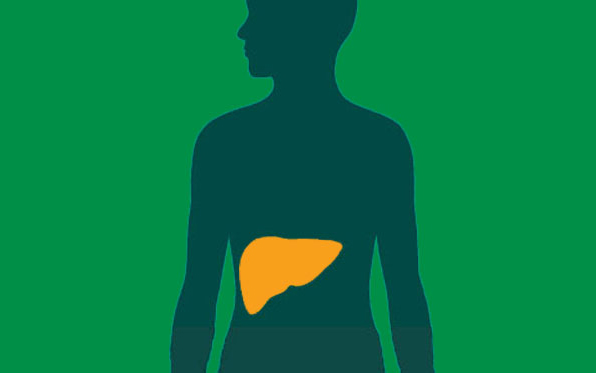By SDCN Editor
The Centers for Disease Control and Prevention (CDC) and their partner organizations are observing Hepatitis Awareness Month to raise awareness about viral hepatitis and to promote strategies for prevention, testing, and care, the health organization said.
To improve timely diagnosis and care and reduce health disparities, CDC recently released updated, universal hepatitis B screening and testing recommendations to increase access to testing.
“Full implementation of these recommendations will move us from 50% of people aware of their hepatitis B status toward our target of 90% awareness. Improving the number of people who are aware of their infection and linked to appropriate and timely care can help us reduce the rate of new infections and lower the rate of hepatitis B-related deaths,” CDC stated on their website.
According to the CDC, rates of hepatitis C in the United States continue to rise, while treatment rates remain far too low. To assist those seeking hepatitis C treatment, CDC developed the Hepatitis C Treatment Locator Widget, which helps users find nearby treatment providers. The organization’s public health partners can add the widget to their website, and health organizations and providers that treat hepatitis C can add their clinic to the database of providers. Hepatitis C is curable. The locator tool is a small, but significant step in helping patients locate lifesaving treatment.
The CDC is committed to supporting the comprehensive health needs of people who use and inject drugs, a priority population in the Viral Hepatitis National Strategic Plan. Supported by its funding, last month NASTAD awarded $6 million to 65 syringe service programs across the country to strengthen their capacity to reduce the infectious disease consequences of drug use in communities that need it the most. The funding will improve the health of people who use drugs and those in their communities and reduce health disparities.
“Together we are making a difference by supporting and implementing evidence-based, effective strategies to reach those affected by viral hepatitis and prevent new infections, but many challenges remain,” the CDC said.
In March, the White House proposed a bold national program to eliminate hepatitis C in the United States. The five-year program, if authorized and funded, would deliver a cure for hepatitis C to millions of people and use strategies to reach disproportionately affected populations, including those in correctional settings, people who are uninsured or under-insured, and American Indian/Alaska Native communities.








